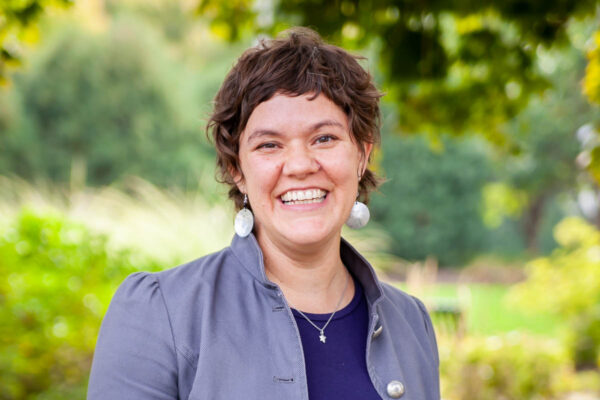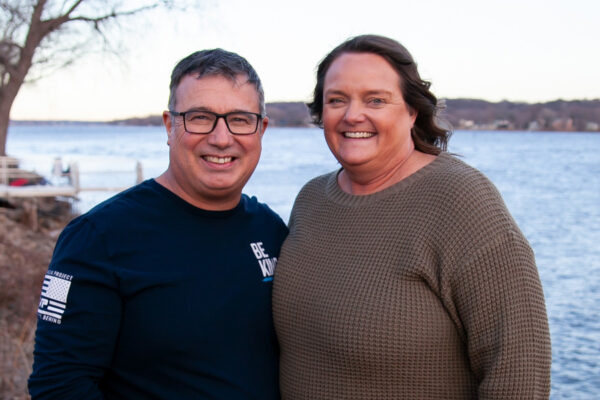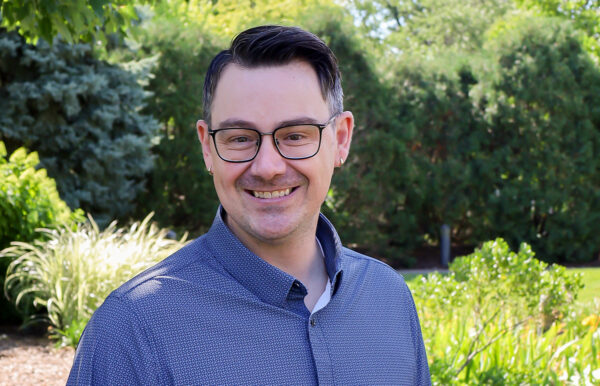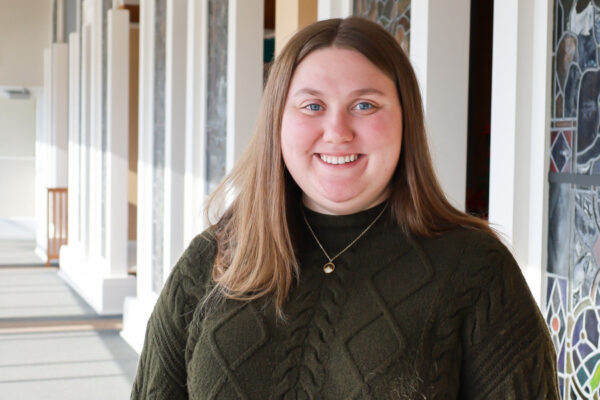Vengeance is not ours
There is a strong human desire to reciprocate when it comes to “balancing the score” for victims of mass murder. Executing heinous killers makes significant emotional and intuitive sense. Most of us feel rage when reacting to the awfulness of a crime. A “bring it on” mentality is tempting. But giving people what they deserve – their own death for causing other deaths – makes far less rational and theological sense. Let’s see why:
With no credible statistical evidence to suggest that capital punishment deters murder, we’re left to simply affirm the idea that the state has the right to deploy murder as its own legitimate retribution for someone else having murdered. But that retribution instinct should concern all Christians. To embrace the same kind of scapegoat theology that claimed the life of Jesus is to lend more sacred legitimacy to violence than we may realize. Something about embracing the idea that someone else must die in order to satisfy justice should trouble us. When Caiaphas, the high priest, looked for false evidence to frame Jesus – “It is better … to have one man die for the people than to have the whole nation destroyed” – we see the scapegoating instinct at work. We see vengeance at play.
But as the Torah and the apostle Paul both remind us, “Vengeance is mine, says the Lord.” Since killing another is riddled with permanence, leaving the death penalty in the hands of God seems a more faithful response than simply fulfilling our urge for revenge.
I’m moved by the words of Beth Kissileff, wife of the rabbi who was leading the New Light congregation that met in Pittsburgh’s Tree of Life synagogue when a shooter arrived on October 26, 2018. She’s not opposed to avenging the death of the killer. But her method for doing so is to encourage Jews to celebrate their lives as Jews. “[The shooter] wished to destroy Jews and Jewish life,” says Kissileff. “We must act in defiance and strengthen Jewish life.”
Kissileff recalls the words of Shalom Nagar, the prison guard chosen by lottery to push the button that killed Nazi criminal Adolf Eichmann on the gallows. When a German television crew wanted to interview Nagar 40 years after the hanging, he requested interviewers come to his study where he devoted each day to learning the Torah. “I want the German people to know that not only did Jewish people survive physically … but also that we are still learning Torah,” said Nagar. “The Jewish people live, and the Torah lives too.”
With Nagar’s idea in mind, Kissileff believes that the most important vengeance for the killing of 11 people in a Pittsburgh synagogue (or for the murder of six million Jews), is for “the Jewish people to live and the Torah to live, not for their killer to die.”
To complement Kissileff’s words, I’d add: We don’t refrain from killing a killer because they’re not guilty; we refrain from killing a killer because we are Christians and Jews of deep faith and moral conviction.





Jeff Brammann
I’m reminded of the old saying, “Living well is the best revenge.”
Heidi Watkins
Thought provoking, to be sure.
Don Garrison
My view of the death penalty is a bit different. Vengence is indeed the call of our Lord and God. However, we are all all to die and after death comes God’s vengence of hell or the gift of salvation and eternal life with God as Jesus has promised. Executing a person for taking the life of another is not vegence, true it hastens death, but it is merely justice, pure and simple. God will then as he has stated will determine if vengence or forgiveness is in order. I pray that the person who has taken life or lives repents and recieves forgiveness. Isn’t that a more Christian view of justice or have I missread Revelations?
Audrey Keeney
Thank you for this message. This is something I feel but have not been able to put words to why I feel this way. Again, Thank You.
Duane Haas
Peter, I love these words. I’ve never understood capital punishment and I never will.
karen wolfe
not sure if trump would fully agree